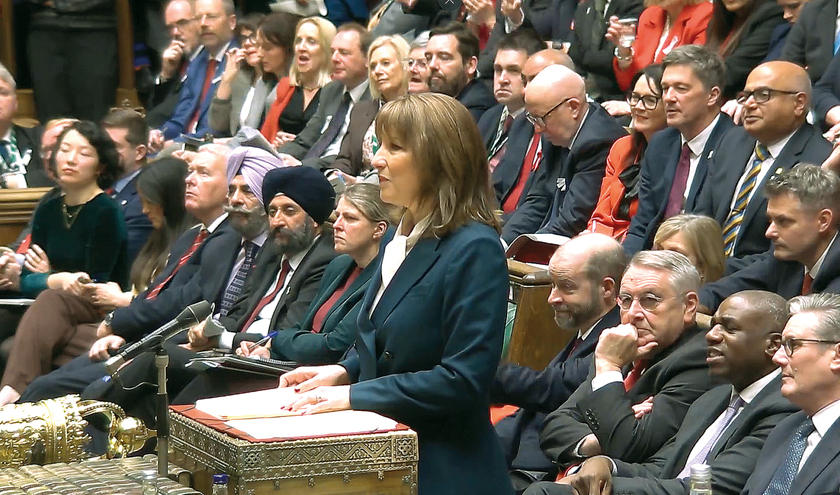The new safety warning system, being developed as part of the government's 10-Year Health Plan, will rapidly analyse healthcare data and alert on emerging safety issues.
Work on rolling out the system is already underway, the government says. A new Maternity Outcomes Signal System will launch across NHS trusts from November, using near real-time data to flag higher than expected rates of stillbirth, neonatal death and brain injury.
When fully implemented, it could analyse hospital databases to identify patterns of abuse, serious injuries, deaths, or other incidents that can slip through the net, cause harm and stop hospitals from running safely. Where concerns are raised, the CQC will deploy specialist inspection teams as soon as possible.
Streeting said: ‘Patient safety and power are at the heart of our 10-Year Health Plan. By embracing AI and introducing world-first early warning systems, we'll spot dangerous signs sooner and launch rapid inspections before harm occurs.
‘This technology will save lives - catching unsafe care before it becomes a tragedy. It's a vital part of our commitment to move the NHS from analogue to digital, delivering better, safer care for everyone.'
This follows the government's commitment last week to a rapid national investigation into NHS maternity and neonatal services to provide truth and accountability for impacted families and drive urgent improvements to care and safety.
Professor Meghana Pandit, co-national medical director – secondary care, said: ‘The NHS in England will be the first country in the world to trial an AI-enabled warning system to flag patient safety issues which will rapidly analyse routine hospital data and reports submitted by healthcare staff from community settings.
‘The move will turbo-charge the speed and efficiency with which we identify patient safety concerns and enable us to respond rapidly to improve patient care.'
CQC's chief executive, Sir Julian Hartley, said: ‘We will develop a stronger focus on all dimensions of quality, using data which we and partners hold on inequalities in access, experience, and outcomes to spot and act on risk earlier.
‘We are already developing our new clearer, simpler, assessment approach, and in the future our experienced teams of inspectors, led by our newly-appointed chief inspectors, will be able to conduct more inspections and share feedback on the findings more quickly – so that providers can make faster improvements, and the public have timely information about care.'
In response, chief executive of NHS Providers Daniel Elkeles, said: ‘Patient safety is front and centre for trust leaders, but when care doesn't go to plan, it's vital trusts have the opportunity to identify what went wrong and put plans in place to improve patient care before a Care Quality Commission investigation is triggered.'



